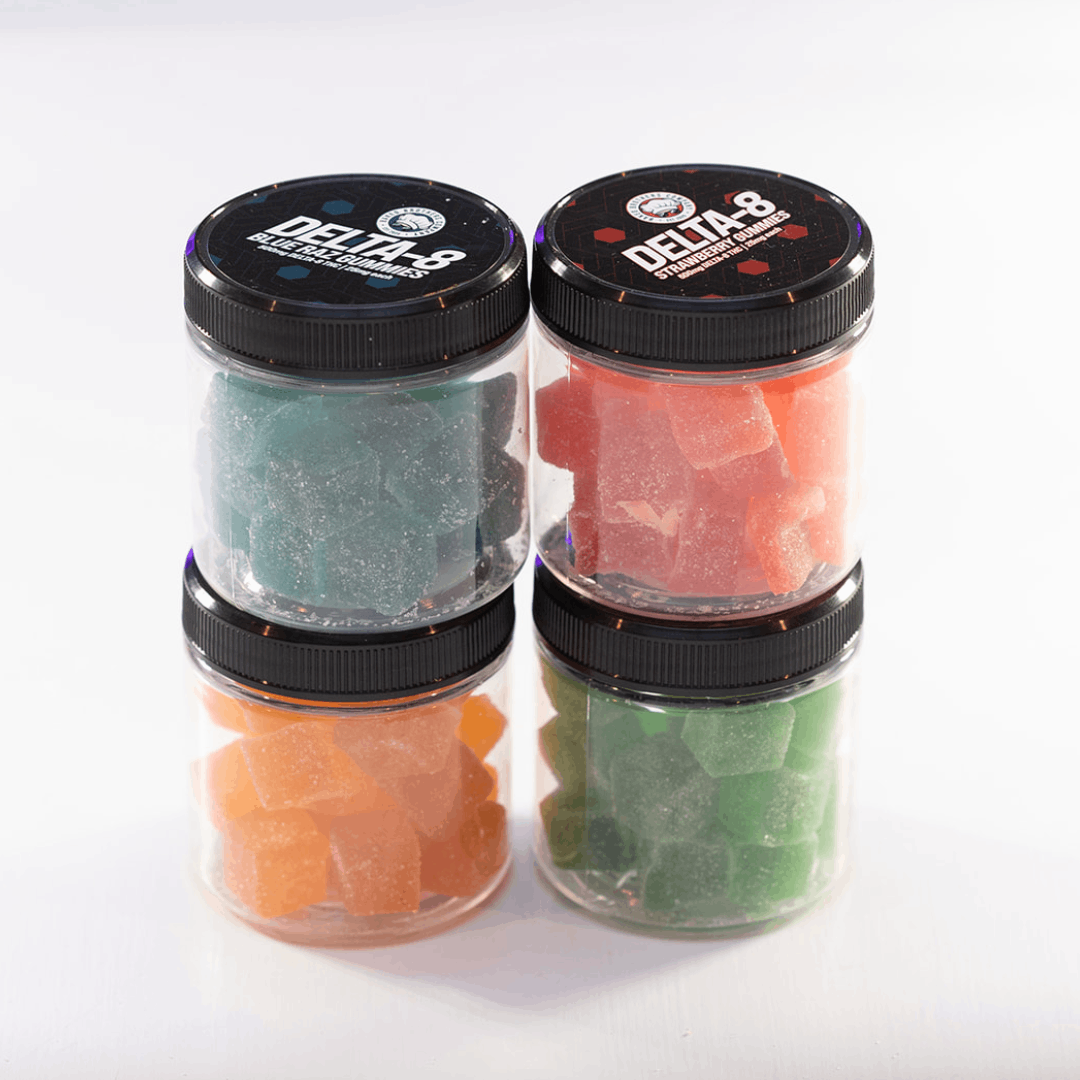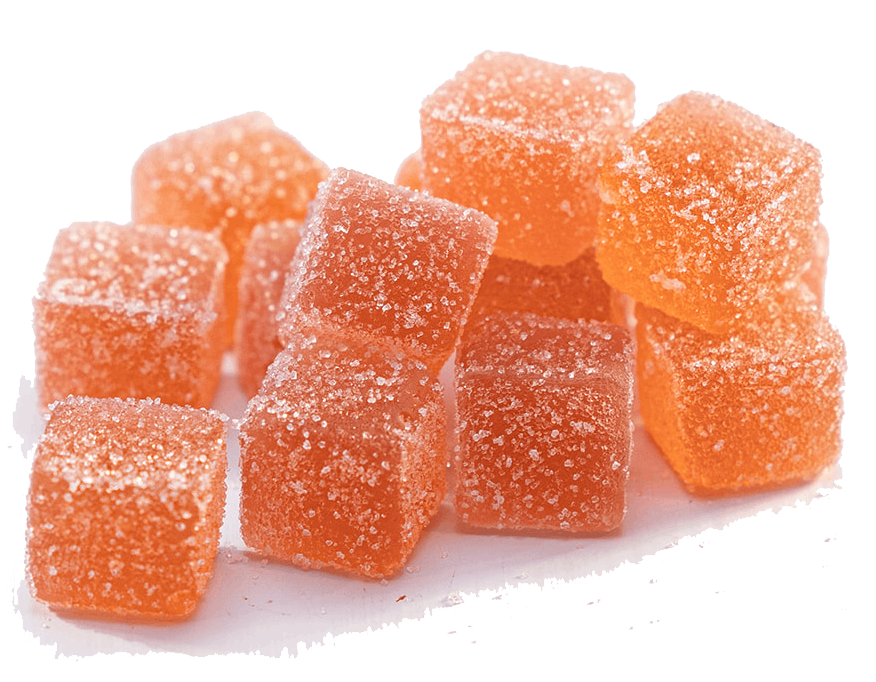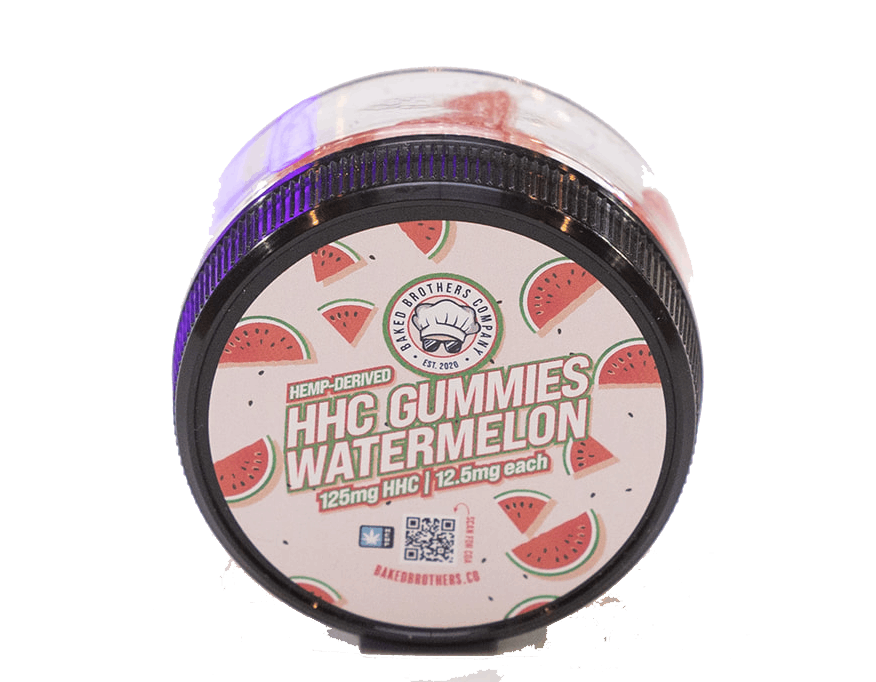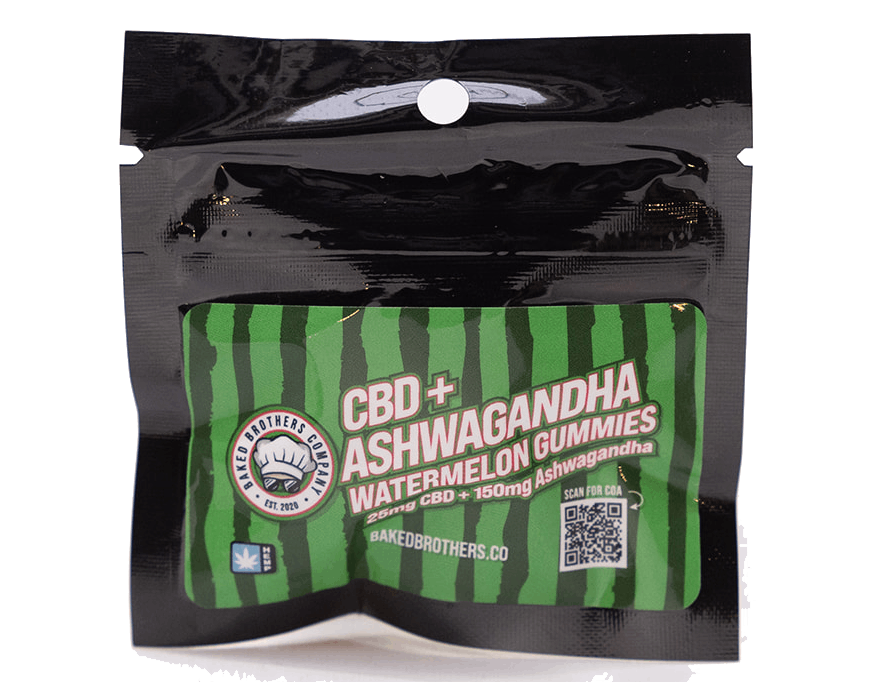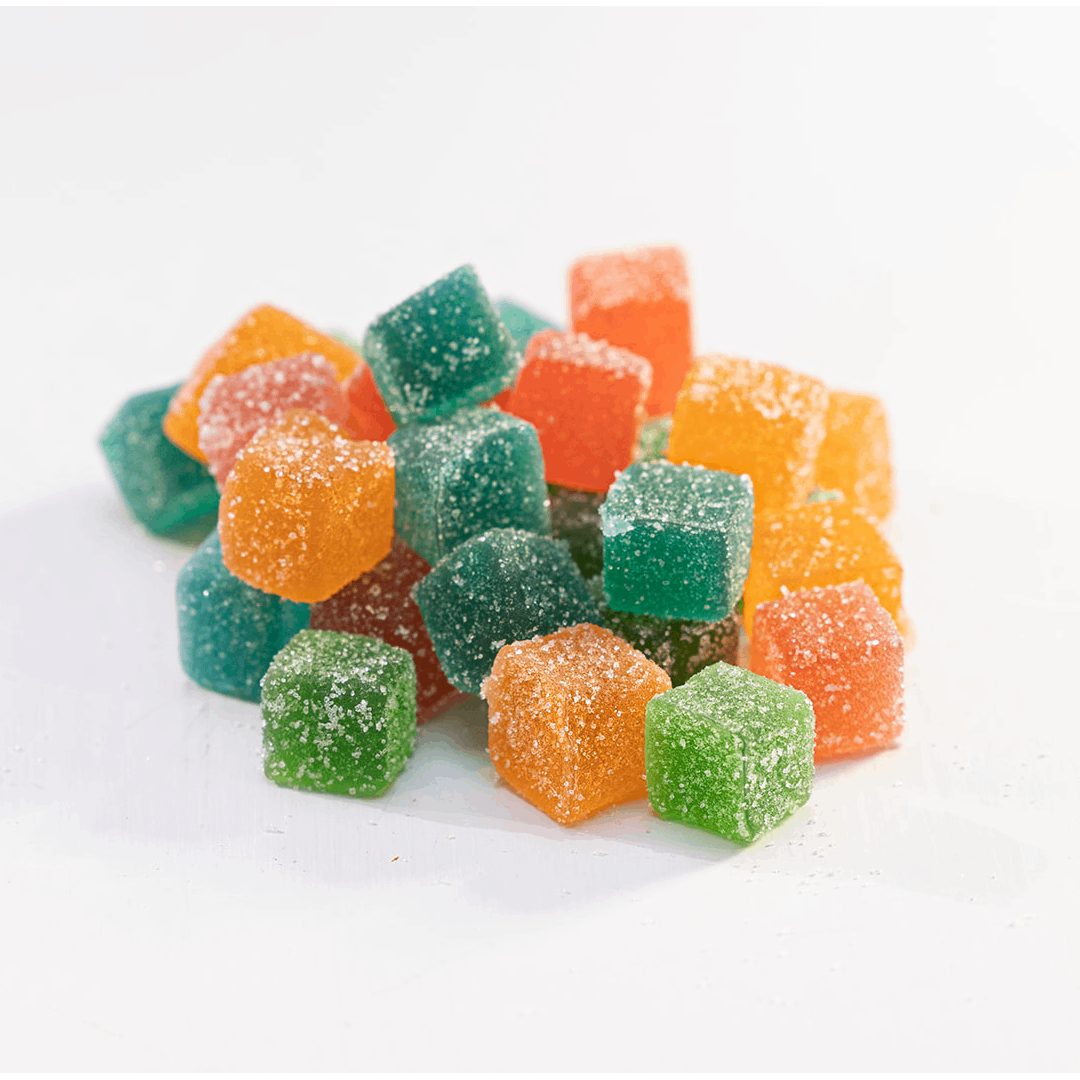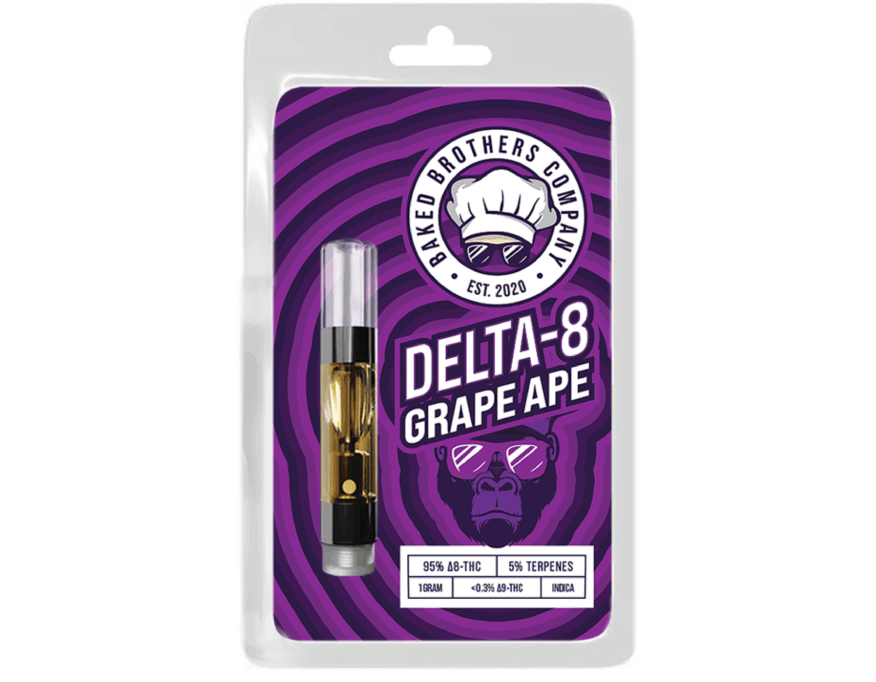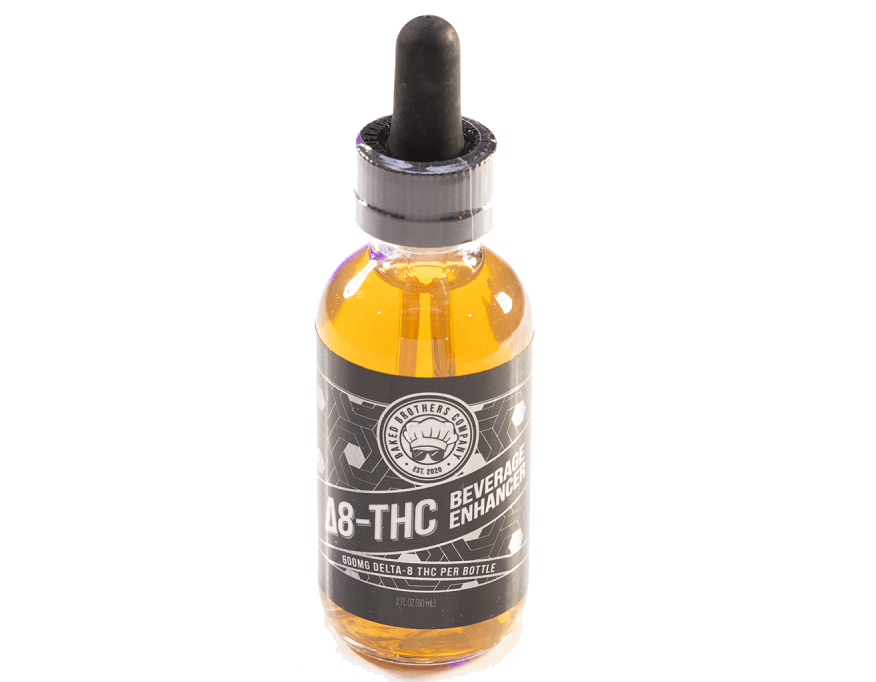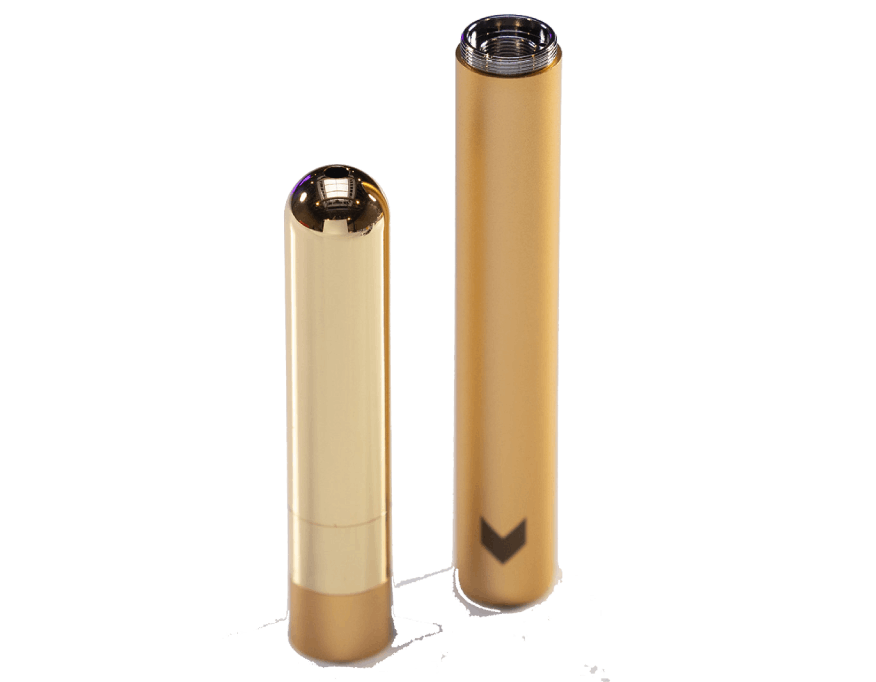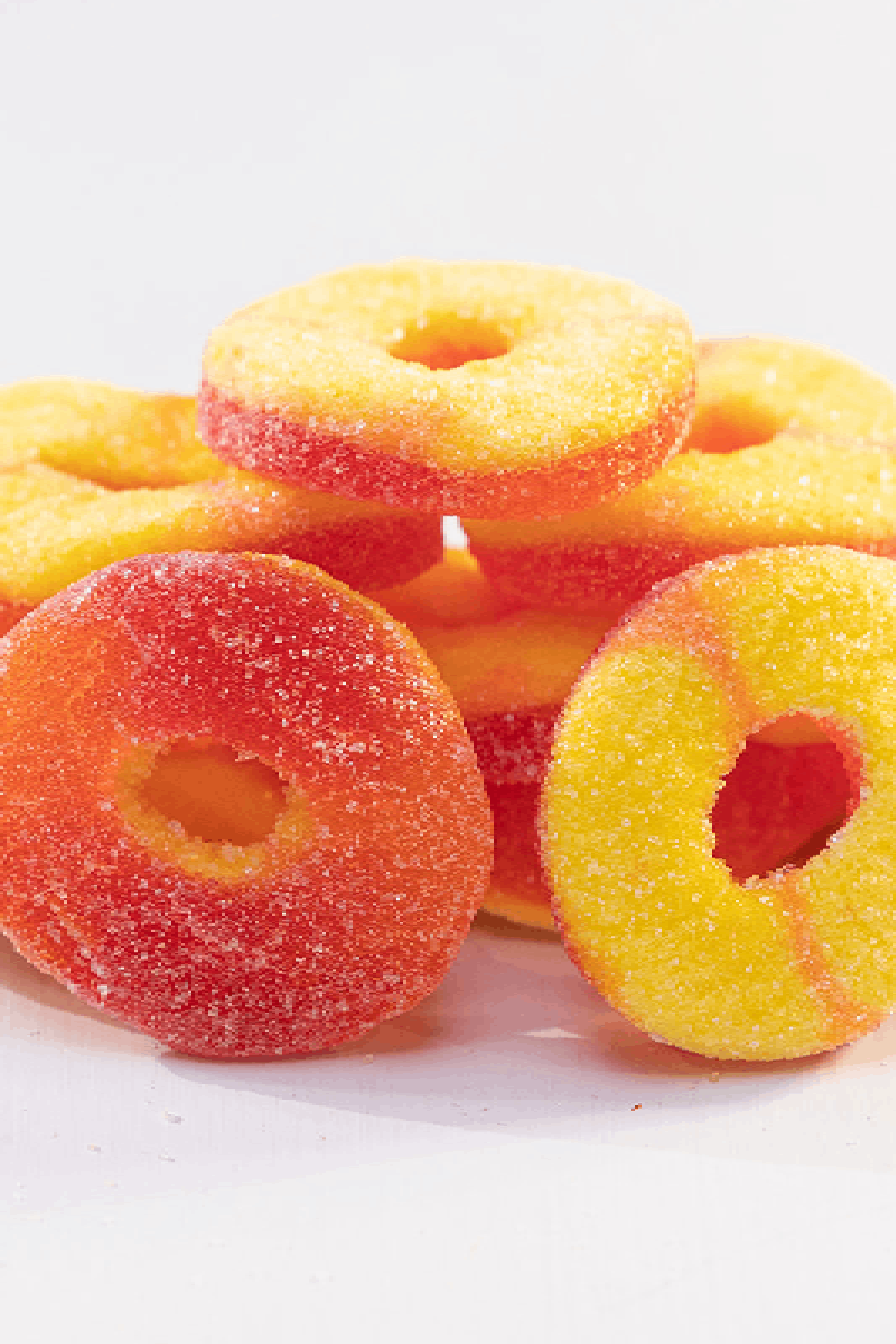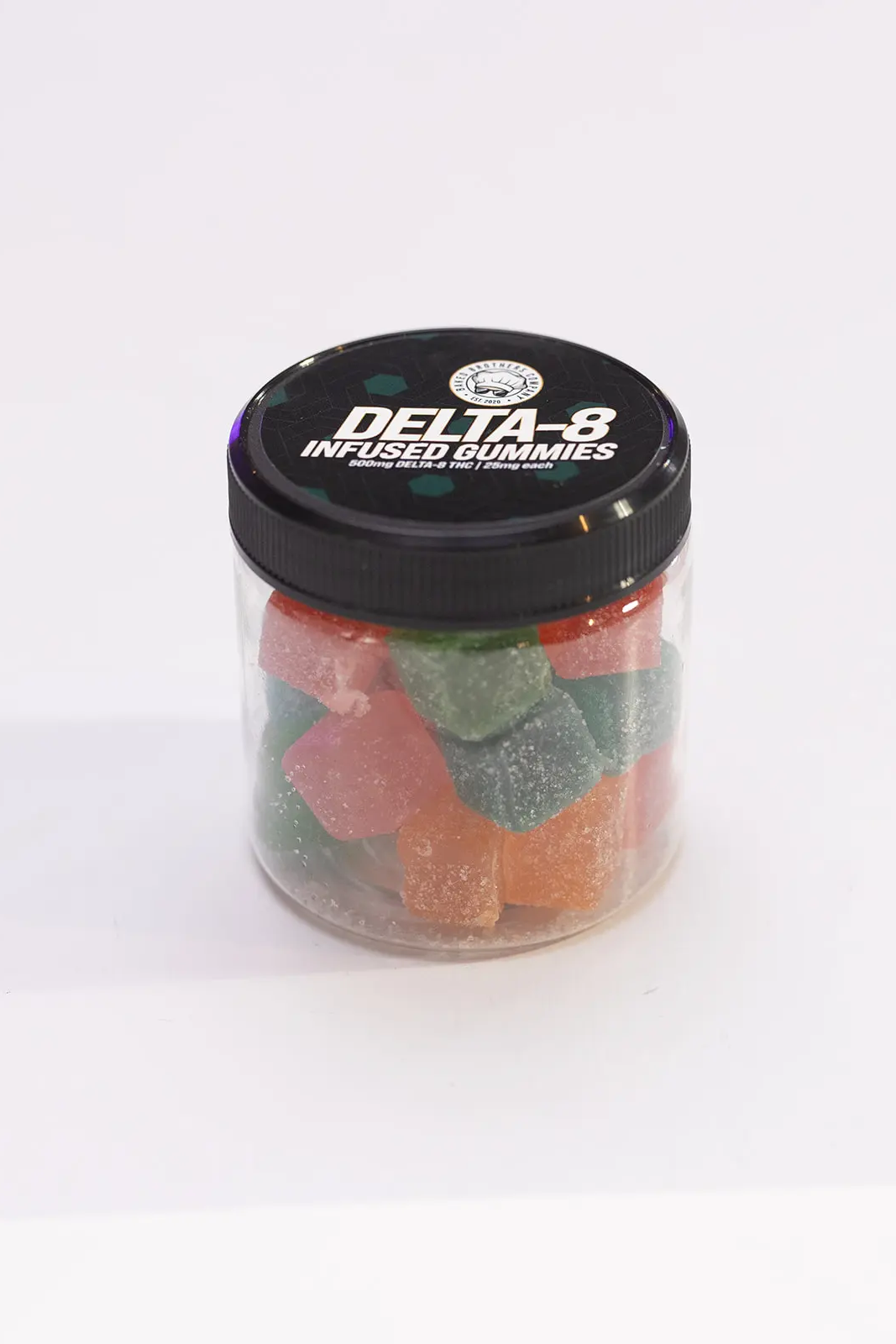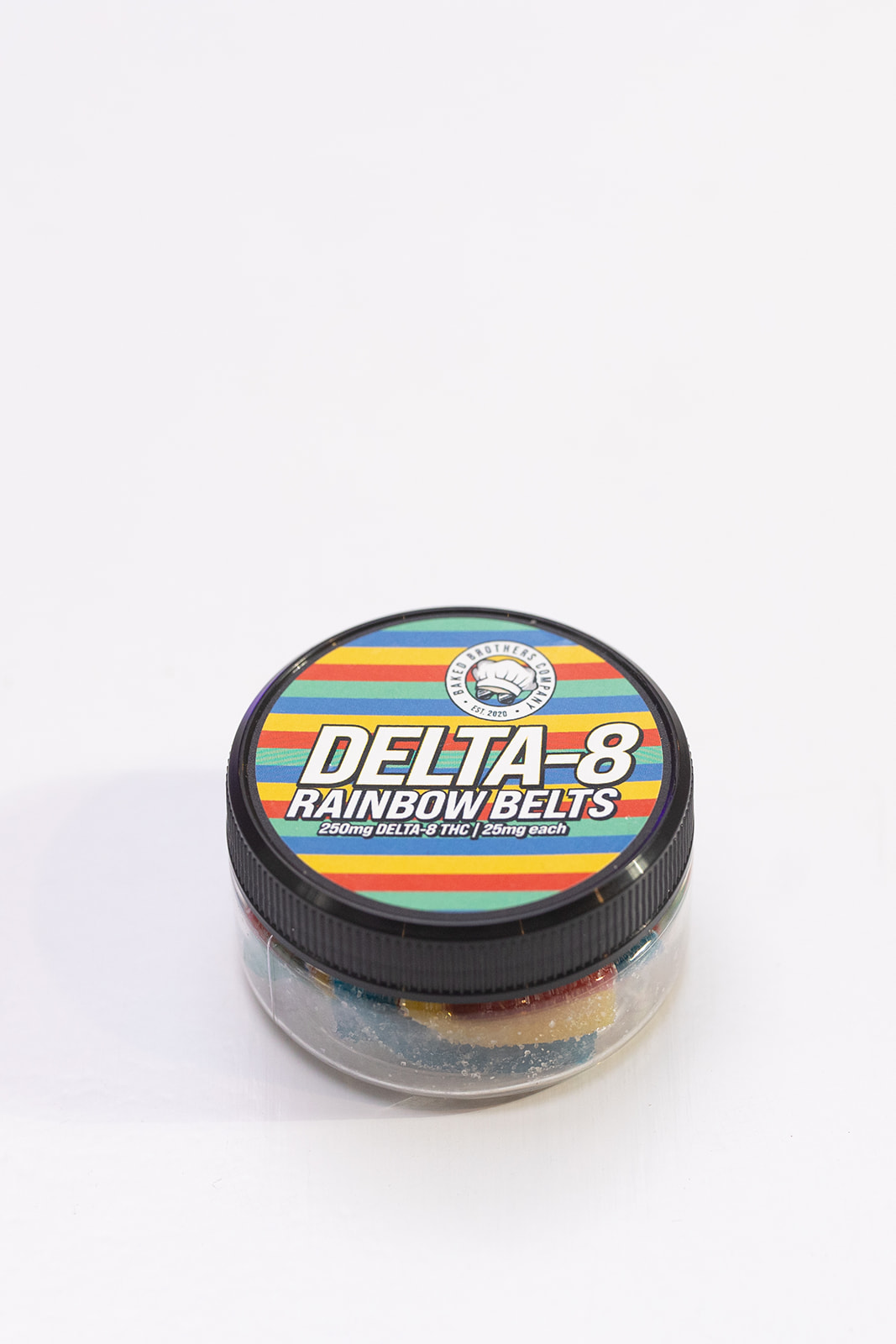Some people know about two of the cannabinoids called THC and CBD, but not many people know about another one called CBG. Baked Brothers discusses what CBG is and how it can affect your appetite based on the latest research.
Does CBG Cause the Munchies?
Many new and existing users of delta-8 products often wonder the same thing: does CBG cause the munchies?
In case you do not know how CBG relates to the above-mentioned products, it is a cannabinoid that occurs naturally in young hemp plants. Unlike tetrahydrocannabinol (THC) and cannabidiol (CBD), CBG is not well known. Nevertheless, this compound does have some importance.
With that said, it is important to understand what CBG is before we go further to examine whether it has an effect on your appetite.
What Is CBG?
CBG is very often referred to as the “origin cannabinoid” because it forms the foundation for the creation of useful cannabinoids like THC and CBD.
CBG occurs in the early stages of the cannabis plant’s life cycle and as the plant matures. The transformative process of the plant’s life converts CBG into cannabinoids. So, CBG comes in smaller concentrations in adult cannabis plants. As a result, it is a more expensive cannabinoid to isolate compared to other cannabinoids.
Research on CBG is only just beginning. Initial studies suggest that it may have a range of potential therapeutic benefits. For example, CBG may have anti-inflammatory properties.
How Does CBG Interact With the Body?
CBG interacts with the human body by binding to cannabinoid receptors. These highly functional receptors are a vital part of the endocannabinoid system (ECS).
There are suggestions that cannabigerol interacts with ECS receptors CB1 and CB2. However, its affinity for these receptors is lower than that of THC and CBD. CB1 receptors are an important part of the brain and central nervous system. CB2 receptors are found in immune cells and tissues.
In addition to this, CBG may also interact with some receptors and signaling routes in the body. For example, CBG may help activate the alpha-2 adrenergic receptor. This receptor may, in turn, help regulate other physiological processes, including blood pressure.
The precise mechanisms by which CBG interacts with the human body remain unconfirmed. But there are suggestions that it may have therapeutic effects due to its interactions with the ECS and other signaling pathways in the body.
Does CBG Make People Want to Snack More?
There hasn’t been much research done on how CBG affects hunger and food intake, and the studies that have been done have had mixed results.
Some animal studies have shown that CBG may make animals less hungry and eat less, while others have shown that it has no effect at all. One study in rats found that CBG decreased food intake and body weight gain, while another study in mice found that CBG had no effect on food intake.
At the moment, there is no research that looks at how CBG affects appetite and food intake in humans. But some people who used CBG products said that it increased their appetite, while others said it made them less hungry.
It is important to note that the effects of CBG on appetite and food intake may vary depending on the individual and the dose of CBG consumed. Additionally, CBG is typically consumed in conjunction with other cannabinoids and terpenes, which may also have an impact on appetite and food intake.
If what you are looking for is simple ways to lose weight, here are a few pointers:
1. Take a calorie-deficit diet by cutting your daily calorie intake.
2. Add to your protein intake to promote the preservation of lean muscle.
3. Include strength training exercises into your fitness routine to grow muscle and increase metabolism.
4. Take enough sleep to regulate hormones that control appetite and metabolism.
5. Cut down stress levels through meditation or relevant relaxation techniques to prevent overeating.
Conclusion
CBG is a non-psychoactive and useful cannabinoid that you can find in the hemp plant. It has shown promising results in treating a variety of medical conditions. However, current evidence suggests that CBG does not cause the munchies, unlike its counterpart, THC. While CBG may increase appetite in some individuals, it is unlikely to cause uncontrollable cravings or binge eating. Nevertheless, it’s important to seek the advice of your physician before using CBG or any other cannabinoid for medical purposes.
Interested in trying CBG? Check out our Delta-8 Beverage Enhancer—it has 600mg Delta-8 and 60mg CBG per bottle.

